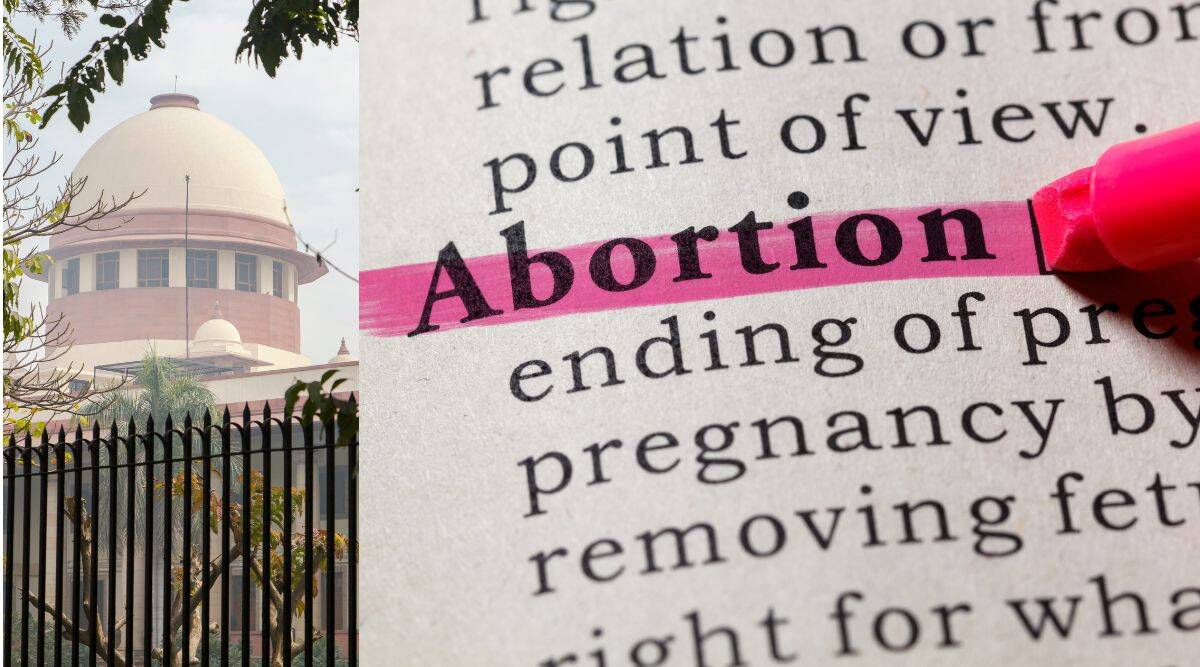 Avali Khare writes: The recent SC judgment has offered a promise of inclusion. It remains to be realised
Avali Khare writes: The recent SC judgment has offered a promise of inclusion. It remains to be realisedWritten by Avali Khare
It is a truth universally acknowledged that the overturning of the landmark Roe vs Wade ruling by the US Supreme Court earlier this year was a major setback for movements campaigning for the right to access legal and safe abortions across the world. At the time, many in India lauded the Medical Termination of Pregnancy Act for its legalisation of abortion in India, and with the 2021 amendment, its extension of abortion rights to unmarried women. This celebration has been renewed with fervour, following the Supreme Court judgment on September 29, which recognises marital rape as rape within the ambit of existing abortion laws. In May 2022, the Delhi High Court delivered a disappointing split verdict on marital rape. In this context, the recent SC judgment seems to be a refreshing change in legal discourse, and a much-needed step in the right direction.
However, queer rights activists and development sector practitioners working on the sexual and reproductive health and rights of queer and trans (including transmen, transmasculine persons, non-binary persons, and others) persons, have routinely pointed out the limitation of progressive laws and judgments that only speak to the rights of “women”. Within the Indian context, abortion access is granted exclusively to cisgender women, excluding trans people, who already face exceptional hurdles in accessing sexual and reproductive health-related services.
But why is it important to expand the scope of abortion rights to trans persons? Is abortion a queer rights issue?
As part of my work on queer rights and sexual and reproductive rights at The YP Foundation, I have been in conversations with many transmen, transmasculine and non-binary persons, who have consensual sexual relationships with cisgender men, and are concerned about the possibility of unintended and unwanted pregnancies. Moreover, many trans persons from smaller cities, towns, and villages report being forcibly married off by their families without their consent– more often than not as a tool to “cure” them of their trans-ness. In these relationships, trans people experience intense intimate-partner violence, including marital rape, as a form of corrective rape. As a non-binary, transmasculine person myself, the threat of sexual violence and assault as a form of queerphobic and transphobic violence, which has the potential of resulting in unwanted pregnancy, constantly looms large on my consciousness, even as I do not identify with the category of woman.
The recent SC judgment pronounced that it uses “the term ‘woman’ as including persons other than cis-gender women who may require access to safe medical termination of their pregnancies”. While many consider this to be a laudable moment in itself, the judgment still reinforces the idea that transmen, transmasculine people, and non-binary people assigned female at birth are still some version of “women”. This reinforces the same erasure of their personhood that trans people continue to experience at the hands of their families, medical healthcare providers, and the society at large. The judgment fails to ease the traumatising process of seeking abortion care and services, in a context wherein most abortion service providers, infrastructural facilities, or medical curriculums operate in the gender binary, misgender trans people, and are insensitive to their needs.
Unless the abortion laws in India speak to all pregnant people, they will continue to subject transmen, transmasculine people, and non-binary people to discrimination and harassment while seeking abortion and reproductive health services.
The recent SC judgment has offered a promise of inclusion. It remains to be realised
Avali (they/them) is a youth advocate on queer rights currently working at The YP Foundation